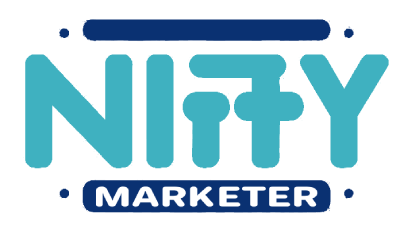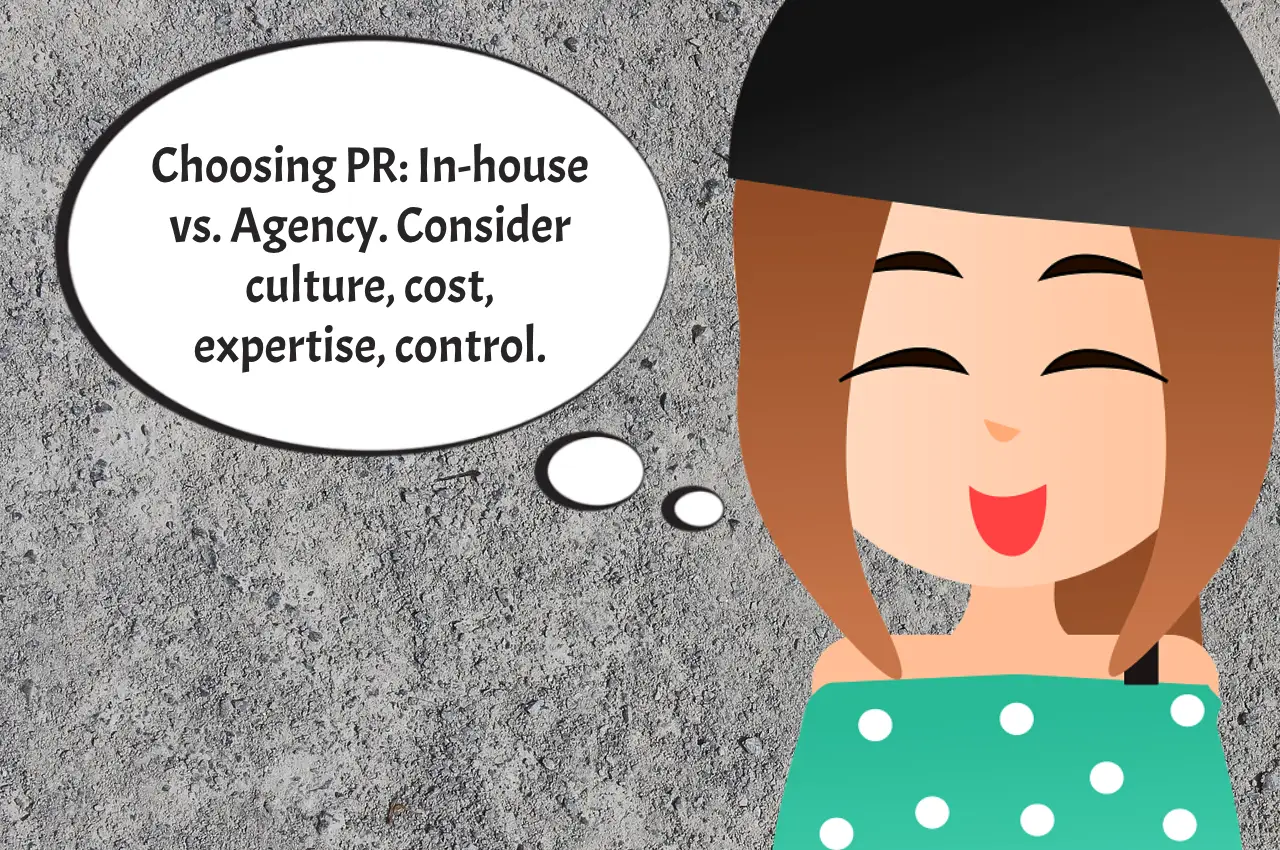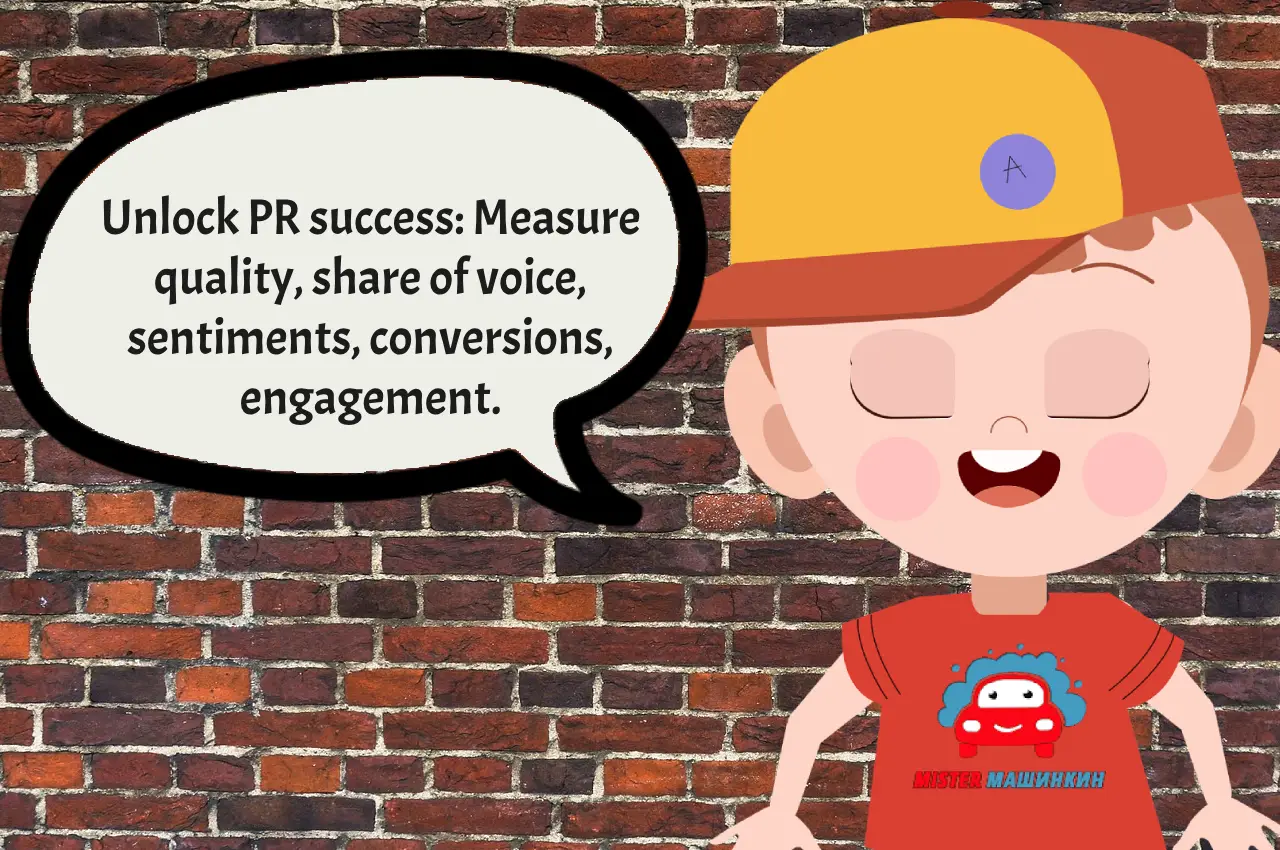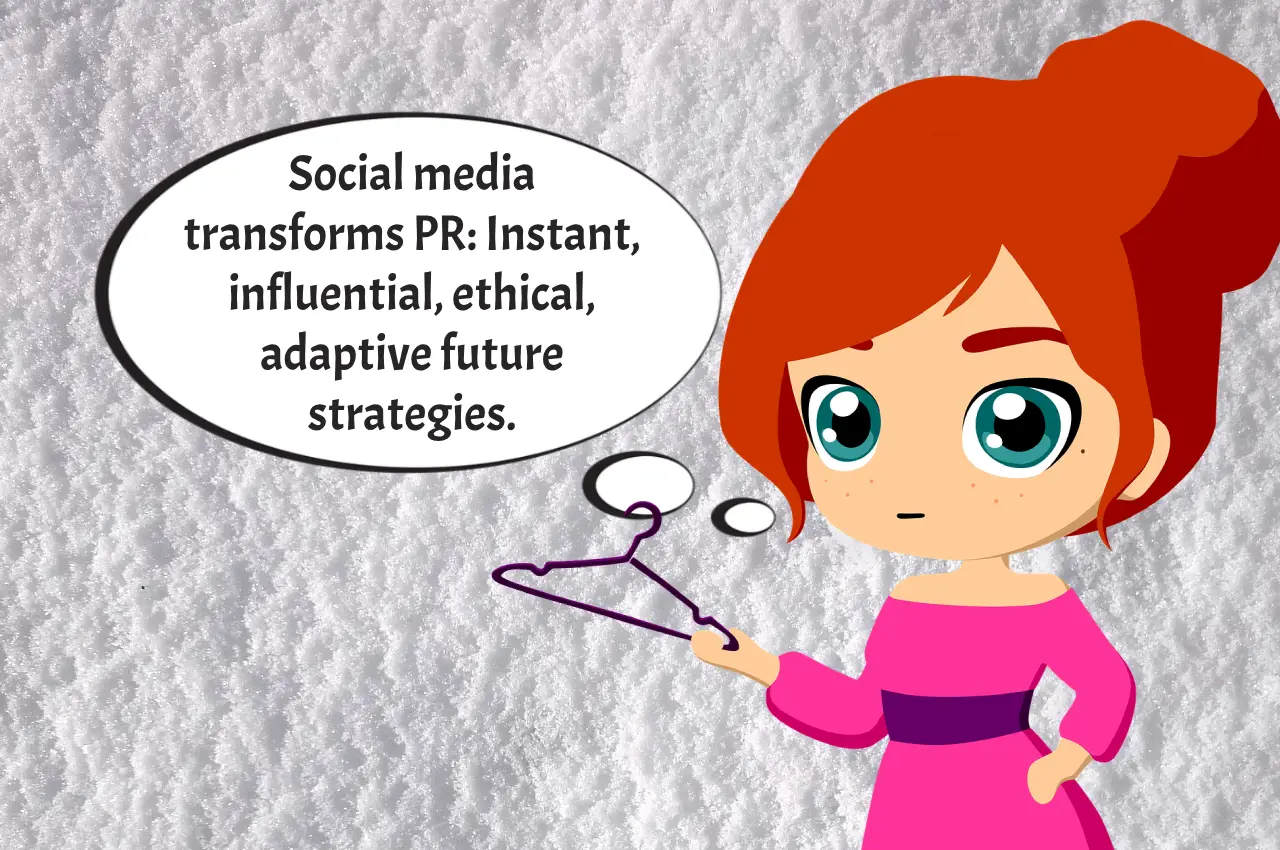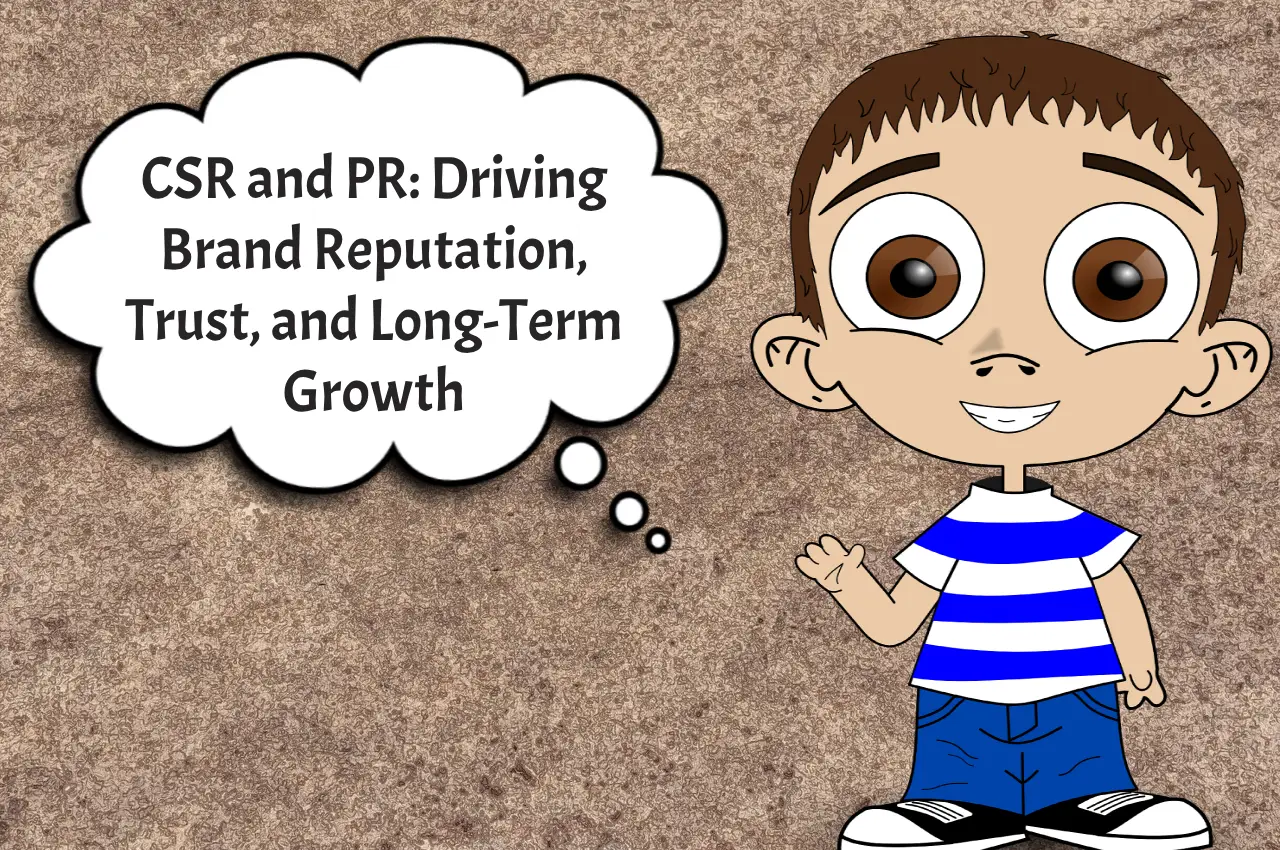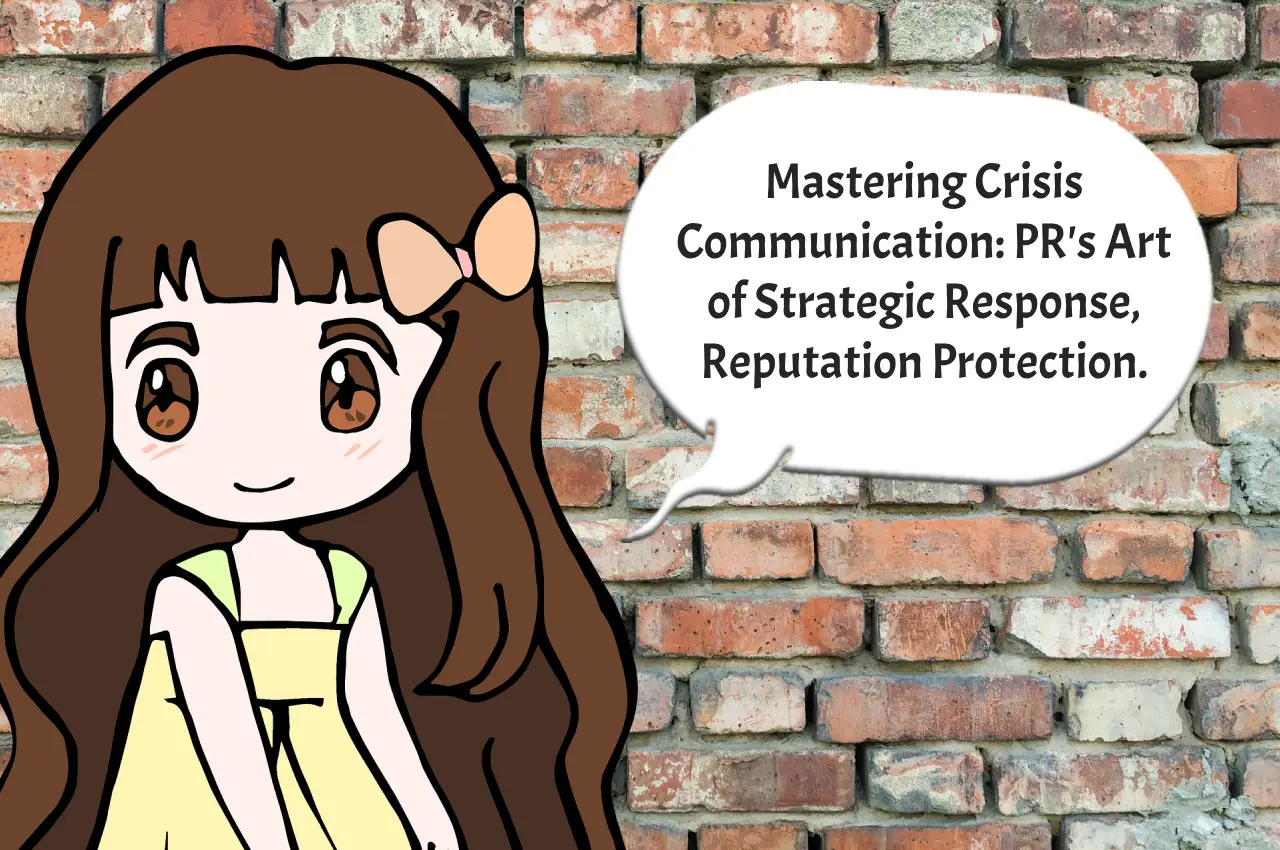Deciding between an in-house public relations (PR) team and hiring a PR agency is crucial for your brand’s reputation and outreach. This choice impacts how your brand communicates with the world. Let’s delve into the advantages and disadvantages of in-house or PR agencies, helping you make a well-informed decision for your business’s PR strategy.
The Essence of In-House PR
An in-house PR team is composed of employees who focus solely on your company’s PR activities. They are deeply integrated into your brand’s narrative.
Advantages of In-House PR:
Deep Brand Understanding: In-house teams live your brand’s culture. This intimate knowledge ensures that all communications are deeply aligned with your brand’s ethos.
Immediate Availability: Being on-site, these teams can manage and respond to PR situations swiftly. This leads to a more cohesive and prompt PR approach.
Long-term Cost Efficiency: While initial costs may be high, in-house teams can be more economical over time. This efficiency comes from avoiding the ongoing costs of an agency.
Direct Control and Integration: Direct oversight over your PR efforts is possible with an in-house team. This setup fosters better integration with your overall business strategy.
Challenges of In-House PR:
Limited Expertise and Resources: In-house teams might not possess the broad expertise or resources that specialized agencies offer.
Risk of Insularity: Being deeply connected to the company can sometimes lead to a lack of external perspectives, potentially creating an echo chamber effect.
Difficulty in Scaling: In times of rapid company growth or during a crisis, in-house teams might find it challenging to scale their efforts effectively.
The Role of PR Agencies
PR agencies are external organizations specializing in public relations, serving various clients. They bring diverse experiences from working across different sectors.
Advantages of PR Agencies:
Wide-Ranging Expertise: Agencies bring varied skills and insights gained from diverse client experiences. This variety can inject new ideas into your PR strategy.
Adaptable and Scalable: They offer flexibility, scaling their services up or down based on your needs. This adaptability is especially valuable during different business cycles.
Established Media Relationships: Agencies often have pre-existing relationships with media outlets and influencers. These connections can be advantageous for your PR campaigns.
Efficient for Short-Term Projects: For specific, time-bound campaigns, hiring an agency can be more cost-effective compared to maintaining a full-time in-house team.
Challenges of PR Agencies:
Split Focus: As agencies handle multiple clients, they might not always provide focused attention to your brand.
Reduced Control: Outsourcing PR means less direct control over every aspect of your PR activities.
Potential Misalignment: There’s a risk that an agency might not fully grasp your brand’s nuances, leading to off-brand messaging.
Ongoing Costs: For long-term engagement, retaining an agency can be more expensive than having an in-house team.
Real-Life Case Studies
Let’s consider a tech startup, ‘TechGenius’, which initially worked with a PR agency. The agency’s diverse expertise and media connections skyrocketed TechGenius’s market presence. However, as they grew, they needed more aligned, brand-centric communication. They switched to an in-house team, which improved their brand narrative’s authenticity.
Another example is ‘FashionForward’, a large retail chain. They use a hybrid approach. Their in-house team handles daily PR activities, ensuring brand consistency. For large campaigns or crisis management, they bring in an agency. This approach combines in-house familiarity with agency resourcefulness.
Tailoring Your PR Approach
Your choice between in-house or PR agencies should depend on factors like company size, budget, and PR objectives. Startups or businesses with specific, short-term PR goals might find an agency more suitable. On the other hand, established companies aiming for consistent, long-term brand messaging might benefit from an in-house team.
Whether to go for in-house or PR agencies is a significant decision. Each option has its unique benefits and drawbacks. Weigh your business’s specific needs, growth phase, and industry dynamics carefully.
Now, it’s your turn to share. Have you navigated this decision in your own business? What factors influenced your choice? Comment below with your experiences and insights. Your stories could guide others facing similar decisions in their business journey!
